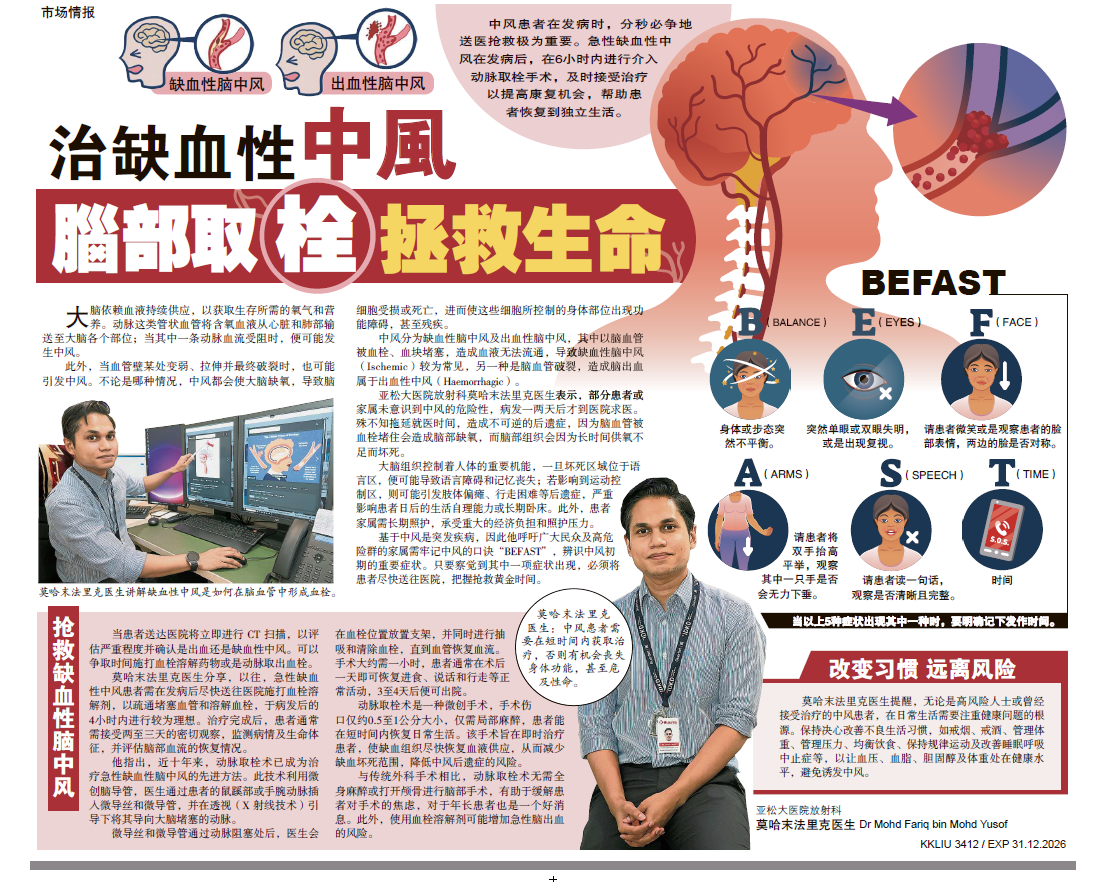Gastroenteritis is an infection of the stomach and gut and is a common cause of visits to the hospital. The hallmark of the disease is diarrhoea which is an alteration of the frequency as well as consistency of the stools. The main problem with gastroenteritis is that it can cause dehydration particularly in infants and young children.
The most common cause of acute gastroenteritis (AGE) are viruses hence it is sometimes referred to as ‘stomach flu. In children under five years of age, the major cause is the Rotavirus.
AGE can also result from bacterial infection e.g Campylobacter, Salmonella and Escherichia coli through food or water contaminated by these bacteria. When this occurs it is known as food poisoning.
Occasionally parasites can be responsible for AGE.
Symptoms of Gastroenteritis
In most children, the symptoms are mild and they tend to get better within a few days.
- Fever
Usually occurs at the beginning of the illness and it may last for several days
- Vomiting
Children generally vomit when they are unwell. However in gastroenteritis the vomiting can be severe in the first few days but gets less frequent when diarrhoea starts.
- Diarrhoea
Diarrhoea is defined as the passage of loose or watery stools 3-5 times in a 24 hour period. Blood or mucus can appear in the stools with some infections. Some children pass formed stools or pasty stools frequently in a day. This is not diarrhoea. Similarly healthy newborn babies and infants who are fully breast fed pass frequent loose stools sometimes up to 6-7 times a day. This is also not diarrhoea.
The risk of fluid and electrolyte (salt) loss occurs mostly with watery stools. • Diarrhoea often continues after the vomiting stops and commonly lasts for 5 to 7 days. Loose stools may persist for a week or so further before a normal pattern returns.
- Tummy Ache
Crampy pains in the abdomen (tummy) are common. Pains may ease for a while each time some diarrhoea is passed.
Signs of Dehydration
Mild dehydration is common and is usually easily and quickly reversed by drinking lots of fluids. Early signs of dehydration are dry lips and tongue. As more fluid is lost, the child becomes lethargic and irritable with sunken eyes and fewer tears when crying. A child who passes infrequent, small amount and concentrated urine is definitely dehydrated.
When dehydration is severe, drowsiness, pale and mottled skin, cold hands / feet and rapid breathing occurs. Severe dehydration is an emergency and immediate medical attention is needed.
Investigations
Investigations are not usually needed. However, in some instances e.g if the child has bloody stools or is admitted to hospital and if food poisoning is suspected then a stool sample from the child may be asked. The sample can then be examined in the laboratory to look for the cause of the infection.
Treatment of gastroenteritis in children
Children can usually be treated at home if symptoms are mild. Admission to hospital is needed when fluids are not tolerated because of vomiting and when diarrhoea is severe. In both these instances the child can quickly become dehydrated.
The main aim of treatment is to prevent dehydration.
Children can continue with their normal diet and usual drinks. In addition, extra fluids together with oral rehydration salts are encouraged. Fruit juices or fizzy drinks are to be avoided as these can make diarrhoea worse.
Babies under six months old are at increased risk of dehydration and therefore seek medical advice if they develop gastroenteritis. Breast or formula feeds should be encouraged as normal. In general smaller volume and more frequent feeds are better tolerated.
Treatment in hospital usually involves giving rehydration solutions intravenously.
Preventing spread of infection to others
Gastroenteritis can very easily be passed on from person-to-person. Therefore parents and children need to take measures to try to reduce this spread. If your baby has gastroenteritis, be especially careful to wash your hands with soap after changing nappies and before preparing, serving, or eating food.
For older children, besides ensuring hand washing after using the toilet, regularly clean the toilets with a disinfectant i.e clean the flush handle, toilet seat, sink taps, bathroom surfaces and door handles.
Ideally affected children should stay off school, nursery and day cares for 2 days after the last episode of diarrhoea and avoid contact with other children where possibe during the infection.
Immunisation
As mentioned earlier, rotavirus is the most common cause otioned earlier, rota chus en and vacation 8 currently avastroen teritis ants below 6 months of age.











